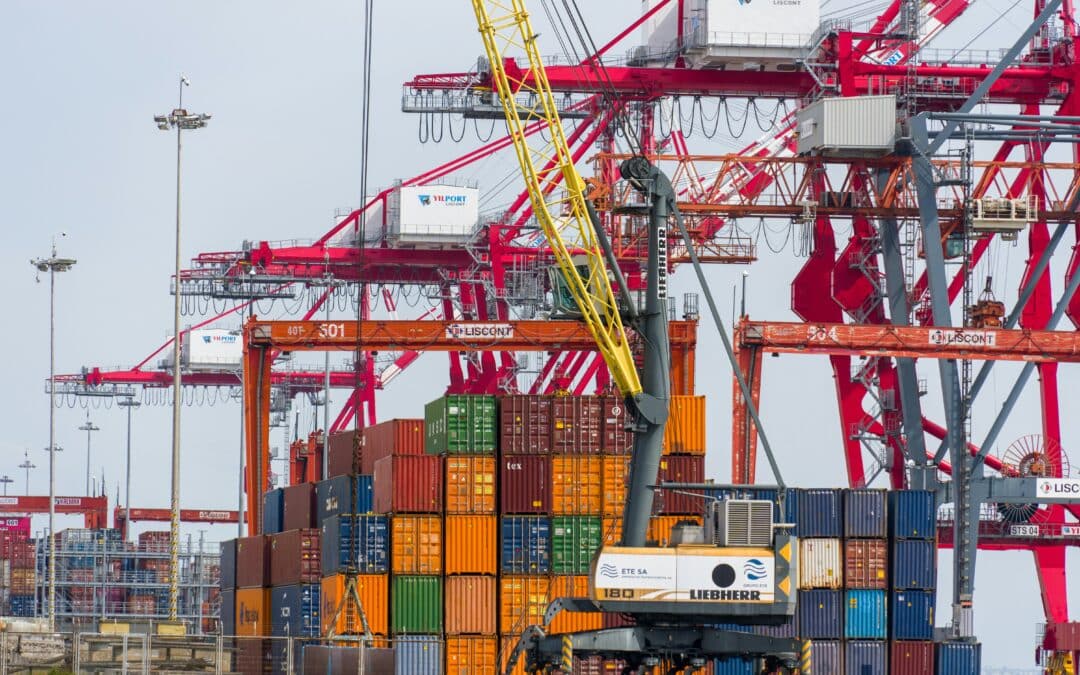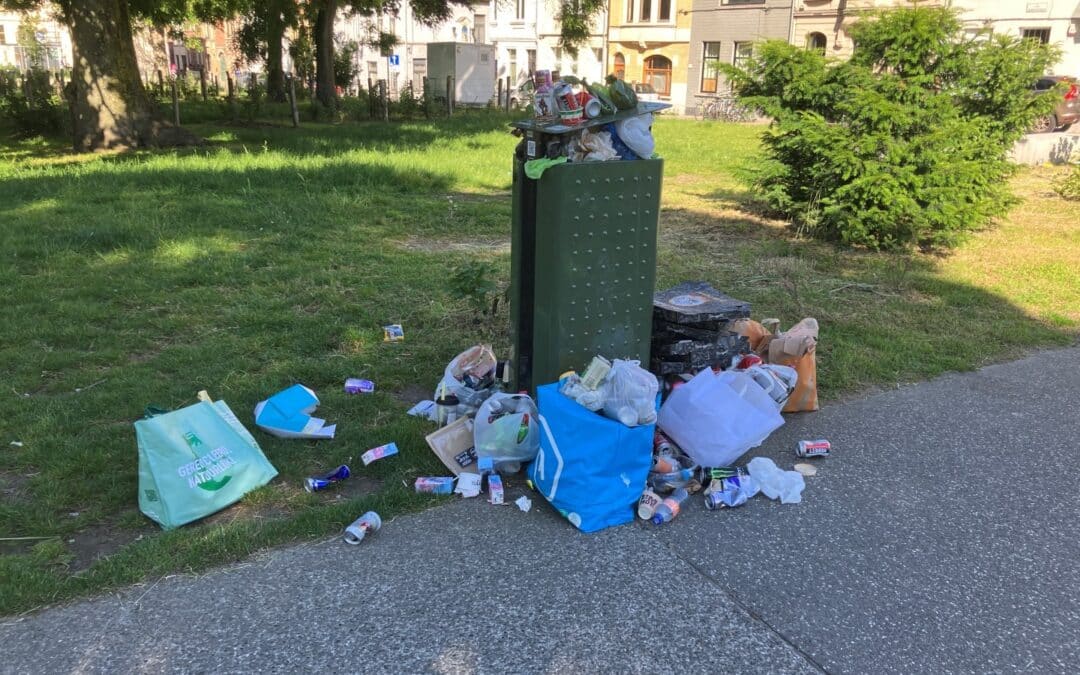Since China banned plastic waste imports from other countries in 2018, there has been an “alarming increase” in illegal waste shipments that, camouflaged through multiple transit countries, end up heading to Southeast Asia anyway. So writes Interpol in the Strategic analysis on emerging criminal trends in the global plastic waste market since January 2018.
Nearly half of global plastic waste ended up in China through 2018. Europe previously exported 2.9 billion tons of plastic waste to China. In 2018, China banned the import of plastic waste. But exports from the West shifted to other Asian countries such as India, Indonesia, Malaysia and Vietnam. Interpol signals a rise in forged documents to evade regulations and import duties.
Interpol also detected a rise in illegal waste incineration and dumping in Asia and Europe. Waste piles are set on fire to get rid of them easily, but this leads to serious environmental pollution. After a number of suspicious fires at Dutch recyclers, Dutch insurers adjusted their policies. They no longer cover fires in open-air storage areas. The Dutch government found that the number of fires dropped sharply between January and March 2020 as a result, reinforcing the suspicion of malicious intent in a number of cases, Interpol writes in the report on pages 36-37.
Opportunity for waste policy reform
European governments must turn this waste crisis into an opportunity to reform waste policy so that it contributes more to a healthy environment, Recycling Network wrote back in 2018.
The best method is still to tackle the problem at the source: do it with less packaging, by moving away from disposable to reusable products. In addition, policy should focus much more on high-quality recycling through separated streams that are much more recyclable. Here, the design of packaging and a reduction in additives and plastics are important. The requirement that plastics consist largely of recycled plastics helps boost demand for recyclate.
It is more interesting for the environment that waste is treated at a high quality within Europe, rather than exported to countries with inferior waste systems. Therefore, it is important for policy makers to encourage processing within Europe.
Belgium and the Netherlands are major exporters of plastic waste
In fact, Belgium and the Netherlands are in the world’s top tier when it comes to exporting plastic waste. The two countries each account for 4 percent of world trade in plastic waste. With that, they export more waste than countries like France, Spain Canada or Mexico (Harvard University, The Atlas of Economic Complexity), which is due to the well-positioned ports of Rotterdam and Antwerp.
The shift from exports to Asia to processing within Europe has begun since 2018 (see charts). European policymakers can turn the crisis into an opportunity by further boosting European processing.
Figure: Belgium accounts for 4.91 percent of world exports (!) of plastic waste, and the Netherlands 4.40 percent Figures 2018 from Harvard Atlas of Economic Complexity.
Related media:
The Time, The waste drain is clogged, Dec. 3, 2017
Al Jazeera, Global waste industry rocked by China import ban, Sept. 24, 2018
Humo, Containers full of illegal plastic waste leave port of Antwerp, Feb. 9, 2021
De Tijd, Antwerp port hub for European plastic waste, Feb. 9, 2021




